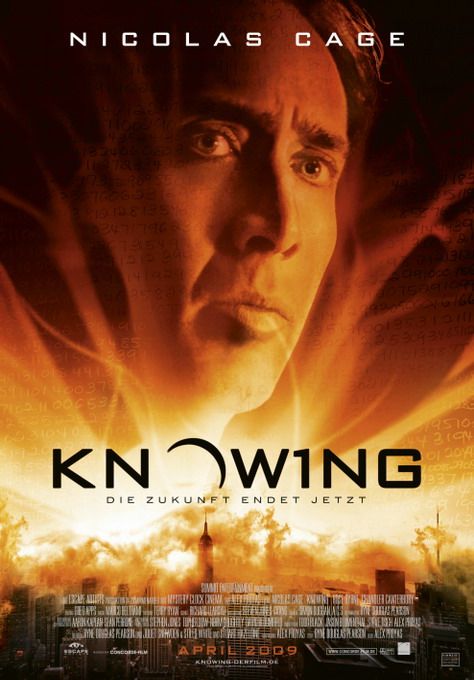Crazy Love: Overwhelmed by a Relentless God by Francis Chan (2008, David C. Cook Publishing)
———-
I really tried to dislike this book. I really did.
First, the young man who mentioned it to me had not cared a whole lot for it. I felt that if a hip young guy couldn’t wrap his heart around Francis Chan’s hip style, then there was no way that an older Christian like myself could.
Secondly, the style issue center’s on Chan’s desire to write like he speaks. This should not surprise me, as he has gained his reputation as a passionate and engaging preacher. But I expect books to have a certain style and flavor, and speech another. I find their combination unsettling.
Thirdly, he seems to forget that this is, indeed, a BOOK. His frequent suggestions that I check out this or that on various web sites irritated me no end. If he was speaking, he could put what he wants on slides and let everyone see. But don’t expect me to stop reading to watch an online video. I’m not programmed that way.
And fourthly, he expresses his examples of faithful Christianity disproportionately through stories of missionaries, when I want to know how a radical Christian artist or teacher or business professional might live. I don’t believe it is God’s will for all of us to respond to Christ by moving to Africa (or in with our parents, for that matter, which is what one of his examples does).
Please believe me when I say that I tried very hard to dislike this book.
But I find myself wanting to buy it and pass it around which, if you’ve read the book yourself, you will know is not quite the response that Chan has in mind. Rather, he writes the book to challenge Christians to examine whether they are really living their own lives out of love for Christ.
He assumes that most of us are not, and he spends 175 pages calling our bluff when we try to claim that we are. And that is hard to take.
A few pages in, Chan reflects on what he sees in the church and says this:
“The core problem… is that we’re lukewarm, halfhearted, or stagnant Christians…because we have an inaccurate view of God.” (22)
Where have we heard that before?
In varying ways, J. I. Packer has made this case in Knowing God. A. W. Tozer points in this direction in his book The Knowledge of the Holy.
And John Piper is forthright about it in Desiring God.
What Chan does is to urge Christians to climb aboard the roller coaster of Christian obedience guided and directed by the God whom these men revealed. He is pushing the application which should naturally follow upon coming to know the Savior revealed in these books.
His pushing can be disconcerting. His chapter exposing ‘lukewarm’ Christian living is painfully searching. His chapter on obsession with God is rightfully challenging.
He forces us to examine our lives in light of the question, “What would our lives look like if we truly and really loved Jesus?” What really matters to us? What are our true heart affections? Tough questions, to be sure, but questions which must be asked.
I am a bit fearful that there may not be enough grace in the book. The book is not devoid of grace, so I do not fault him. But do I read it one way as one familiar with (and humbled by) grace and another read it with more fear and guilt?
My sense is that this is a book needed by Christians who understand grace. My failings are laid bare in his bold pronouncements. Because I am weak and because I change slowly, without an understanding of grace, Chan’s challenges might lead me to despair, or to a guilt induced ‘obedience’ that misses somehow the love for Christ which is the proper motivation for all things. A knowledge of grace does not blunt the sharpness of Chan’s challenge, but it perhaps gives us ears to hear.
Tim Keller reminds us of how great the father’s love for us is in his marvelous little book The Prodigal God. It is a great reminder of the depth of God’s love and grace.
Chan’s book is the book to challenge the one who knows that his father has welcomed him home. Am I really living my life as one who knows he is THIS loved by God?
To be honest, as a BOOK I don’t really like Crazy Love. I’d rather read Packer or Piper or Tozer or Keller. Those are much better books, much more reflective, better written, and well worth multiple readings.
But I know that I NEED this book, one which has taken their message, distilled it, applied it, and thrust it in my face as an inescapable challenge.


